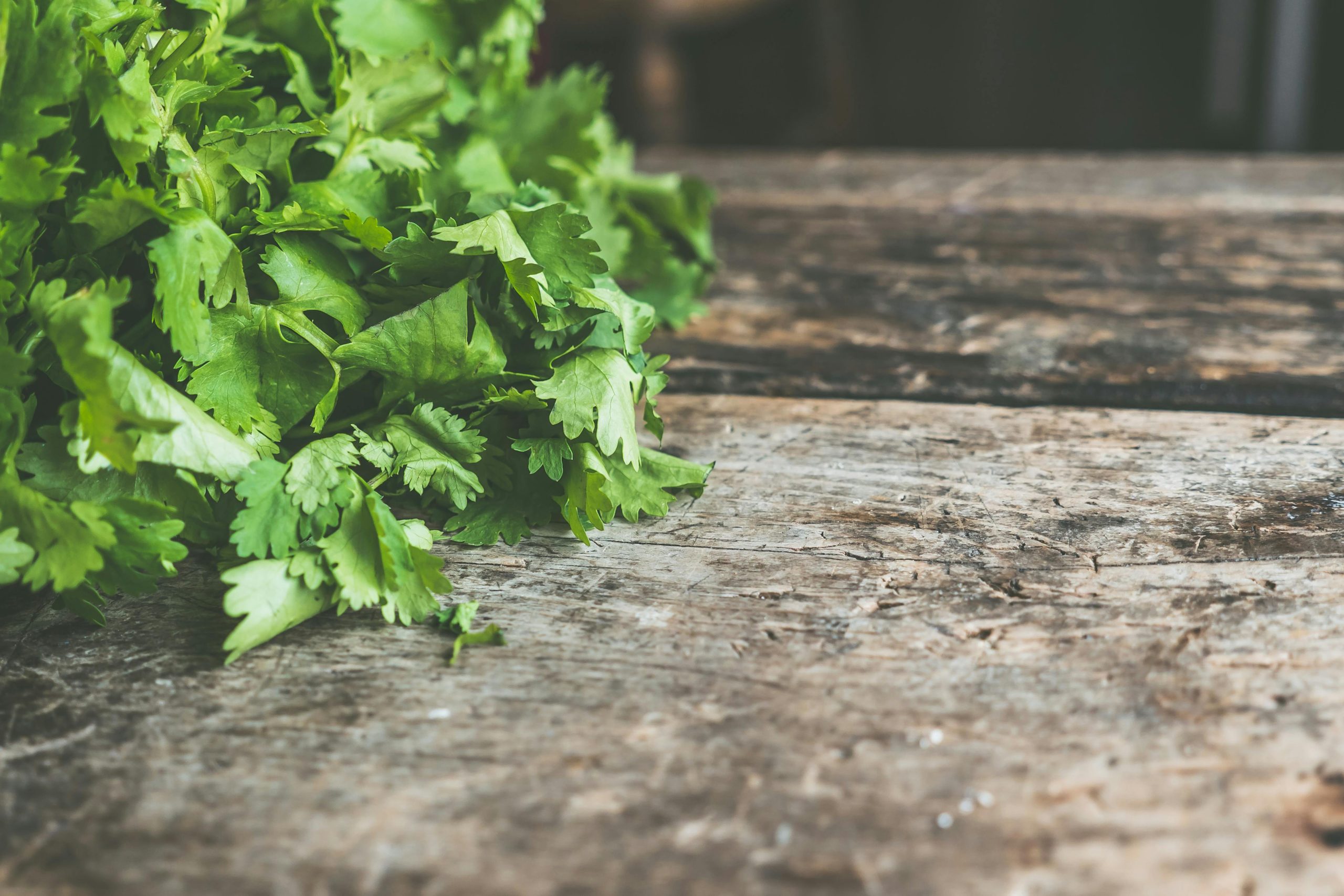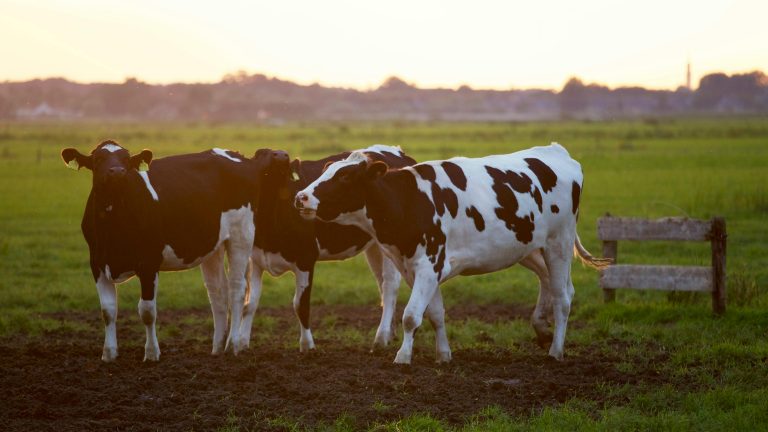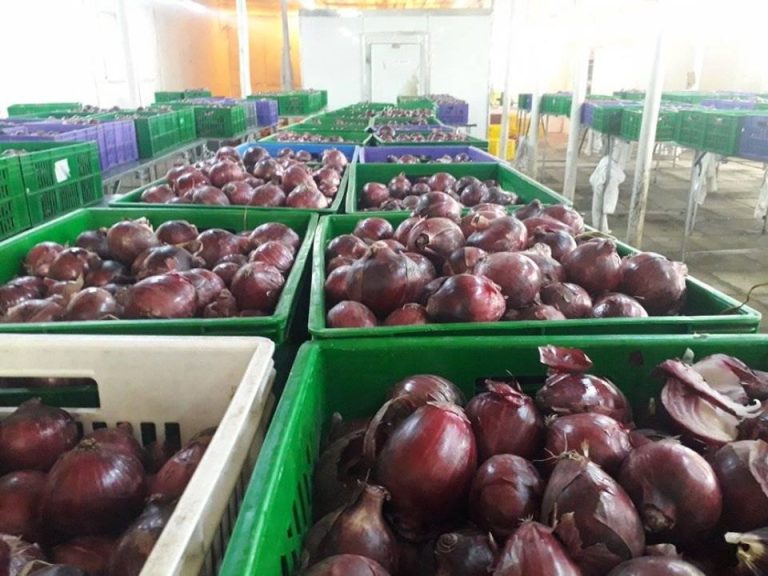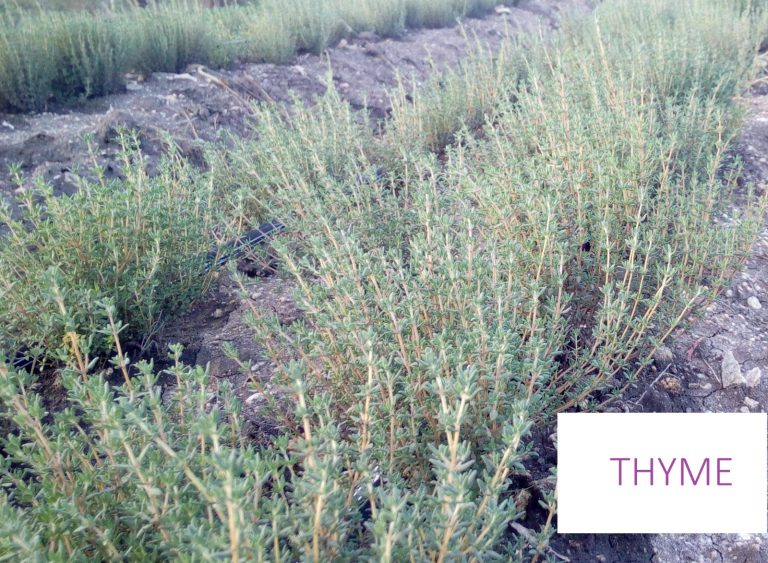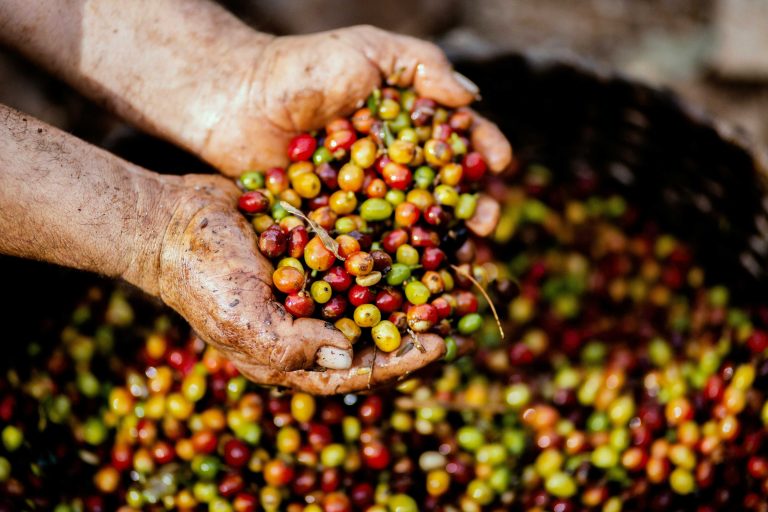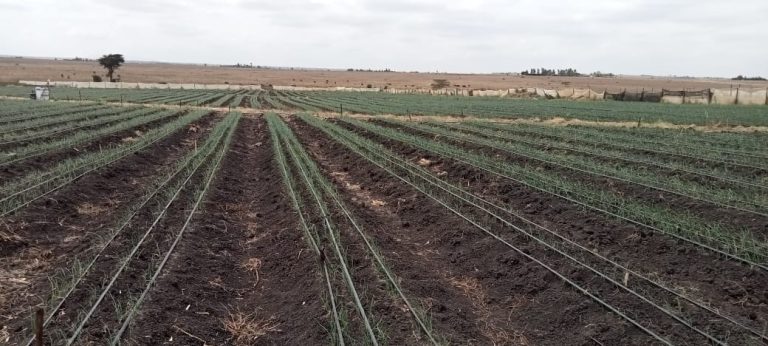Introduction to Coriander (Dhania) Farming in Kenya
Coriander, locally known as dhania, is one of the most popular herbs grown in Kenya. It is widely used in Kenyan households for cooking and garnishing, making it a high-demand crop throughout the year. Beyond domestic consumption, coriander farming is a lucrative agribusiness venture due to its fast maturity and profitability.
Fincare Investments Limited plays a crucial role in agribusiness by facilitating land access through leasing or purchase, enabling farmers to engage in high-yield crop production and sustainable agricultural practices.
Is Coriander (Dhania) Farming Profitable in Kenya?
Coriander farming is highly profitable due to consistent market demand. On average, a farmer can make between Ksh 200,000 and Ksh 400,000 per acre per season, depending on the variety, production practices, and market prices. Compared to other short-season crops, coriander offers a quick return on investment, making it an attractive option for small-scale and commercial farmers.
Best Coriander Varieties for Kenyan Farmers
Kenyan farmers can choose from several coriander varieties depending on their climatic conditions and market preferences. The best high-yielding varieties include:
- Tanzania Msimu is suitable for various climates and has a high yield.
- Santos – Popular for its strong aroma and extended shelf life.
- Local Varieties – Adapted to specific regions with quick growth cycles.
Coriander Growing Conditions and Land Preparation
Coriander grows best in well-drained, loamy soil with a pH of 6.2 to 6.8. It thrives in temperatures of 15-25°C and requires moderate rainfall. Kenya’s best coriander farming regions include Kiambu, Murang’a, Kirinyaga, Nakuru, Kajiado, and Machakos. Proper land preparation involves ploughing, harrowing, and adding organic matter to enrich the soil.
How to Plant Coriander: Step-by-Step Guide
- Seed Rate: 8-10 kg per acre.
- Spacing: Rows 15-20 cm apart, seeds 2 cm deep.
- Planting Method: Direct sowing is preferred, as transplanting can lead to stunted growth.
- Germination: Takes 7-10 days under optimal conditions.
Fertilizer and Water Requirements for Coriander Farming
- Best Fertilizers: Apply DAP at planting (50 kg/acre) and CAN for top dressing (30 kg/acre).
- Watering Needs: Coriander requires consistent but moderate watering. Overwatering can cause fungal diseases, while under-watering reduces yield.
- Organic Manure: Cow manure improves soil fertility and enhances plant growth.
Growth Cycle and Harvesting Timeline
- Germination: 7-10 days.
- Time to Maturity: 30-45 days.
- Harvesting Frequency: Farmers can harvest 2-3 times per planting cycle by cutting mature leaves while allowing new ones to regrow.
Expected Coriander Yield Per Acre in Kenya
- Yield Per Acre: 1,000-1,500 kg per acre.
- Yield Variation Factors: Seed variety, soil fertility, water supply, and pest control influence yield.
Market Trends and Current Coriander Prices in Kenya
Coriander prices fluctuate depending on supply and demand. On average:
- 1 kg of coriander: Ksh 100-200.
- 1 bunch of coriander: Ksh 10-30, depending on location.
- Prices are higher during dry seasons when supply is low.
Common Challenges in Coriander Farming and Solutions
- Pests and Diseases: Aphids, whiteflies, and powdery mildew can reduce yield. Use organic pesticides and crop rotation.
- Bolting (Premature Flowering): Caused by high temperatures. Plant in cooler months and use mulching.
- Post-Harvest Losses: Poor storage reduces quality. Store in a cool, shaded area and use refrigeration for long-term storage.
Coriander Storage, Value Addition, and Export Potential
- Storage: Keep in ventilated crates or refrigerate at 2-5°C.
- Value Addition: Coriander can be dried and ground into powder for extended shelf life.
- Export Opportunities: With proper packaging, Kenyan coriander can be exported to Europe and the Middle East.
Frequently Asked Questions (FAQs)
Q1. How long does coriander take to mature?
Coriander takes 30-45 days to mature, depending on the variety and growing conditions.
Q2. How much coriander can be harvested per acre?
Farmers can harvest 1,000-1,500 kg per acre, depending on soil fertility and irrigation factors.
Q3. How much does coriander cost in Kenya?
The price of 1 kg of coriander ranges from Ksh 100-200, while a bunch costs between Ksh 10-30.
Q4. What is the best season for growing coriander in Kenya?
Coriander grows best in cooler seasons to prevent bolting. The ideal planting months are March-May and September-November.
Q5. Can coriander be grown in dry areas?
Yes, but irrigation is necessary. Coriander requires moderate watering to thrive.
Q6. Which fertilizer is best for coriander farming?
Apply DAP (50 kg/acre) at planting and CAN (30 kg/acre) for top dressing.
Q7. How can I prevent coriander from bolting?
Plant during cooler months, use mulch to regulate temperature, and ensure moderate watering.
Q8. How do I store coriander to keep it fresh?
To extend its shelf life, store coriander in a cool, shaded area or refrigerate at 2-5°C.
Conclusion and Final Tips
Coriander farming is a profitable agribusiness in Kenya. By selecting the right variety, using proper agronomic practices, and understanding market trends, farmers can maximize their yields and profits. Whether you are a small-scale farmer or a commercial grower, investing in coriander farming can provide a steady income with minimal input costs.
HOW FINCARE INVESTMENTS LIMITED SUPPORT AGRIBUSINESS ENTREPRENEURS
Land Leasing and Sales for Agribusiness
Access to land is a fundamental requirement for any successful agribusiness venture. Fincare Investments Limited provides Agribusiness Entrepreneurs with affordable land options for leasing or purchase, enabling them to establish and expand their agricultural enterprises.
By partnering with Fincare Investments Limited, agripreneurs can secure land in strategically located agricultural regions such as Isinya, Kajiado County, Kenya—an area well-suited for crop cultivation and livestock farming. With access to prime agricultural land, young entrepreneurs can maximize productivity and create successful businesses.

